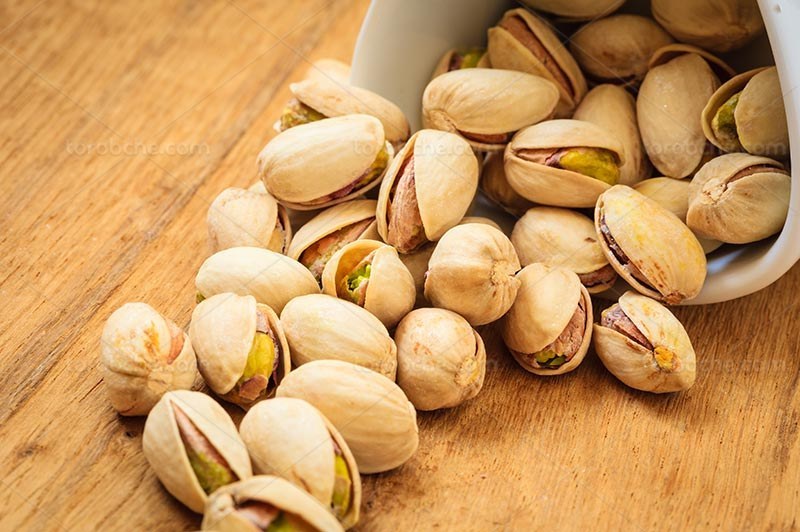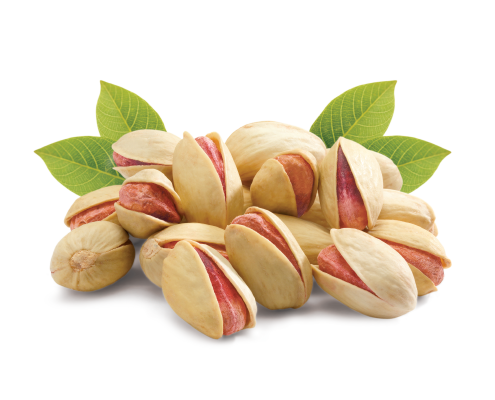
Introduction
Pistachios are more than a tasty snack; they are a nutrient-dense food with potential health benefits. This article explores how pistachios contribute to heart health, weight management, gut health, and metabolic wellness, while offering practical tips for incorporating them into a balanced diet.
Health Benefits
- Heart health support: Pistachios are rich in monounsaturated fats, potassium, and antioxidants, which can help maintain healthy blood vessels and lower LDL cholesterol when consumed as part of a balanced diet.
- Weight management: Protein, fiber, and healthy fats in pistachios promote satiety, potentially aiding appetite control and weight maintenance when eaten in moderation.
- Glycemic control: They have a modest effect on blood sugar and may improve postprandial responses when used as part of mixed meals.
- Gut microbiota: Prebiotic-like fibers in pistachios can support a diverse gut microbiome, contributing to digestive and metabolic health.
- Nutrient density: Pistachios provide protein, fiber, vitamin B6, thiamine, copper, manganese, and antioxidants such as lutein and zeaxanthin.
How to Consume for Max Benefit
- Portion control: A typical serving is about 1 ounce (28 grams), roughly a small handful.
- Snack options: Pair pistachios with fruit or yogurt, or mix with whole-grain crackers for a balanced snack.
- Meal integration: Add chopped pistachios to salads, grain bowls, or yogurt parfaits for texture and nutrition.
- Roasting considerations: Choose dry-roasted or lightly salted varieties to minimize added sodium; opt for unsalted options when possible.
- Allergies and cautions: Be mindful of tree nut allergies and portion sizes if calories are a consideration.

To order or get advice on pistachio and dried fruit varieties, contact our team via our official WhatsApp. Our support team is ready to answer your questions and can help you choose the right pistachio and dried fruit. WhatsApp number 009890214773705

